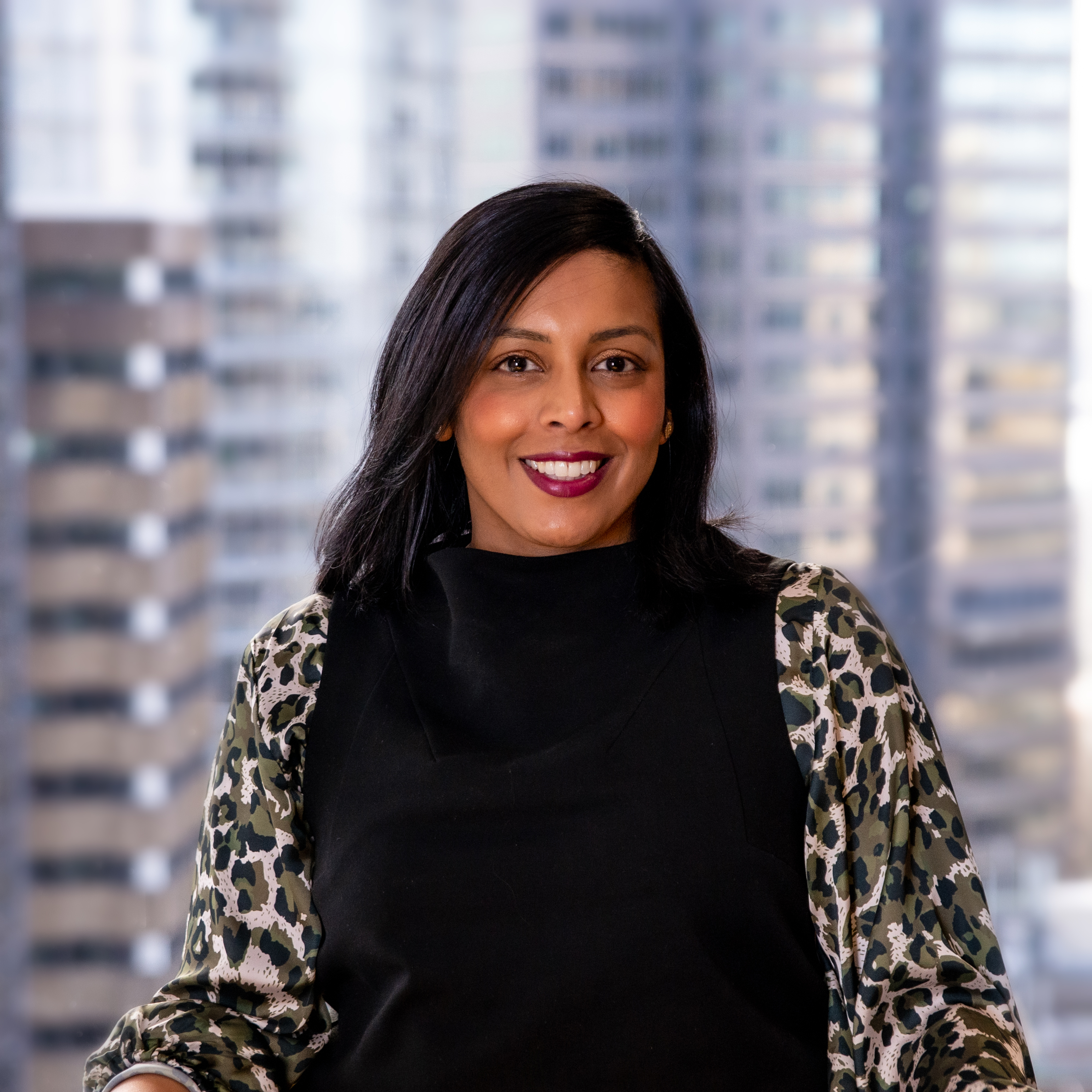36% of women in Australia felt marginalised in the workplace because of gender: Michael Page
- Written by Telegraph Magazine
SYDNEY, AUSTRALIA - Media OutReach - 9 November 2022 - Almost two out of five women in Australia have indicated that they felt marginalised or discriminated against in the workplace because of their gender.
This is supported by Australia being ranked the least safe place to work in for women (35%) in the Asia Pacific average, followed by India (25%) and then Taiwan (23%). 
According to the latest research from Michael Page Australia, the Talent Trends Report 2022 titled "Company Culture” which features sentiment to prominent employee workplace insights, culture needs to be readily adaptable to change. The results in this report draw from a survey with a broad and diverse audience, with responses from over 17,000 respondents across Asia Pacific.
Senior Managing Director of Michael Page Australia, Sharmini Wainwright says, “This is the time for companies to put their complacency aside and listen to what is really affecting their employees at work. Evidence in our data points towards a crucial time for company culture. With the workforce returning post-pandemic, employers need to acknowledge and act on the cultural transformation which has led to mindset shifts around work, life priorities and mental well-being. Remember that culture needs monitoring and adjusting over time, how business leaders manage this will impact their commercial success as an organisation.”
This shows that Australia has to work on having more of a ‘People-first Company Culture’. Having such a culture is associated with happier employees, higher productivity and reduced turnover.
The report also shows that females in Australia want equal rights at work with a significant 60% of respondents feeling that it is important to place more effort on getting women into leadership positions. The report states that the more employees feel empowered, the more productivity levels go up.
DE&I is seen as a proxy for people, with men, generally perceived by many to be the least directly affected by DE&I policies, placing significant value in this area too. What this potentially indicates is that DE&I is not simply evaluated from the impact it has on previously or currently marginalised groups but has become a benchmark for how committed a company is to their Culture, Purpose, Values and general attitude towards the well-being of their employees. To support this, 33% of research respondents in Australia would stop an job interview process if there was a lack of Diversity, Equity and Inclusion (DE&I) commitment.
In addition to the findings, Australians who identify as part of the LGBTQIA+ community do not feel comfortable being their authentic selves at work. 35% of respondents said they work with colleagues who are homophobic or transphobic, while 2 out of 5 believe they would have more success in their careers if they identified as straight and/or cis gender. 63% of employees in Australia believe that more should be done in their workplace to promote acceptance and equality for LGBTQIA+ people.
Hashtag: #MichaelPage











